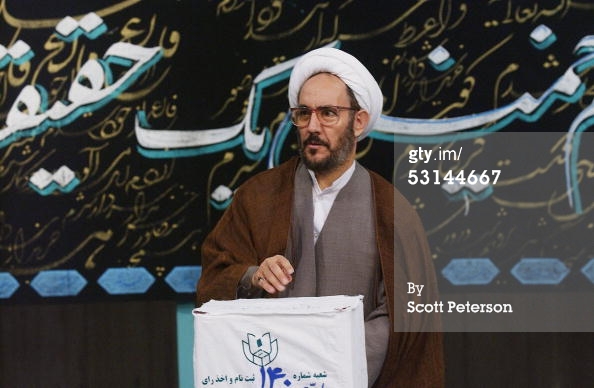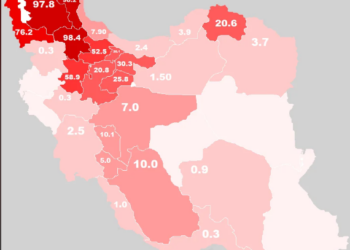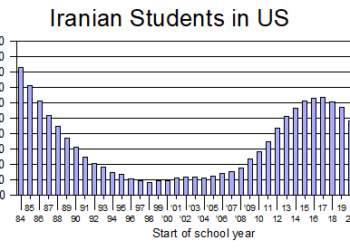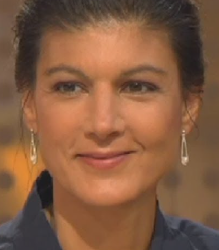January 31-2014

. . . minority rep
The Islamic Republic will soon allow education to be provided in the mother tongue of students, announced Ali Yunesi, who was appointed by President Rohani to oversee policies involving the tribes and minorities.
The Islamic Constitution provides that education should be conducted in the language that prevails locally, but that provision has been uniformly ignored. All education in public schools in Iran is given in Farsi. And that has been a major source of friction given that almost half of Iran’s population speaks a language other than Farsi at home.
For cultural hardliners, the fact that so many Iranians prefer a language other than Farsi has commonly been seen as a threat to national cohesion. The mandatory use of Farsi in the schools has been seen as a way to build a national identity and to force cohesion.
The local-language proposal swiftly drew criticism. Members of the Academy of the Persian Language and Literature, the official guardian of the language, lashed out at the decision.
Gholam-Ali Haddad-Adel, a former Majlis speaker who now heads the academy, said, “The Persian language is the standard. Of course, there are other languages and they have their place. But what has to be taught is the Persian language.”
Fathollah Mojtabayi, another academy member, said attempts to teach in local languages are merely a way to keep these regions from getting ahead. He suggested the proposal was part of a conspiracy against the country’s ethnic regions.
Yunesi said that a plan would be devised for adopting local languages. He did not say if there is any deadline for the conversion, so it remains unclear if next fall will see any such minority language schools open. A major challenge is likely to be finding trained teachers for the smaller tribal languages.
In many countries with multiple languages, elementary school is taught in the local language with the national language a major course in the curriculum. After elementary school, the national language then becomes the language of instruction. But Yunesi said nothing about that concept.
Last September, just weeks after Rohani became President, news reports said one school teaching in Kurdish had been opened in Kurdistan—but closed only a few weeks later, presumably because of hardline opposition.


















